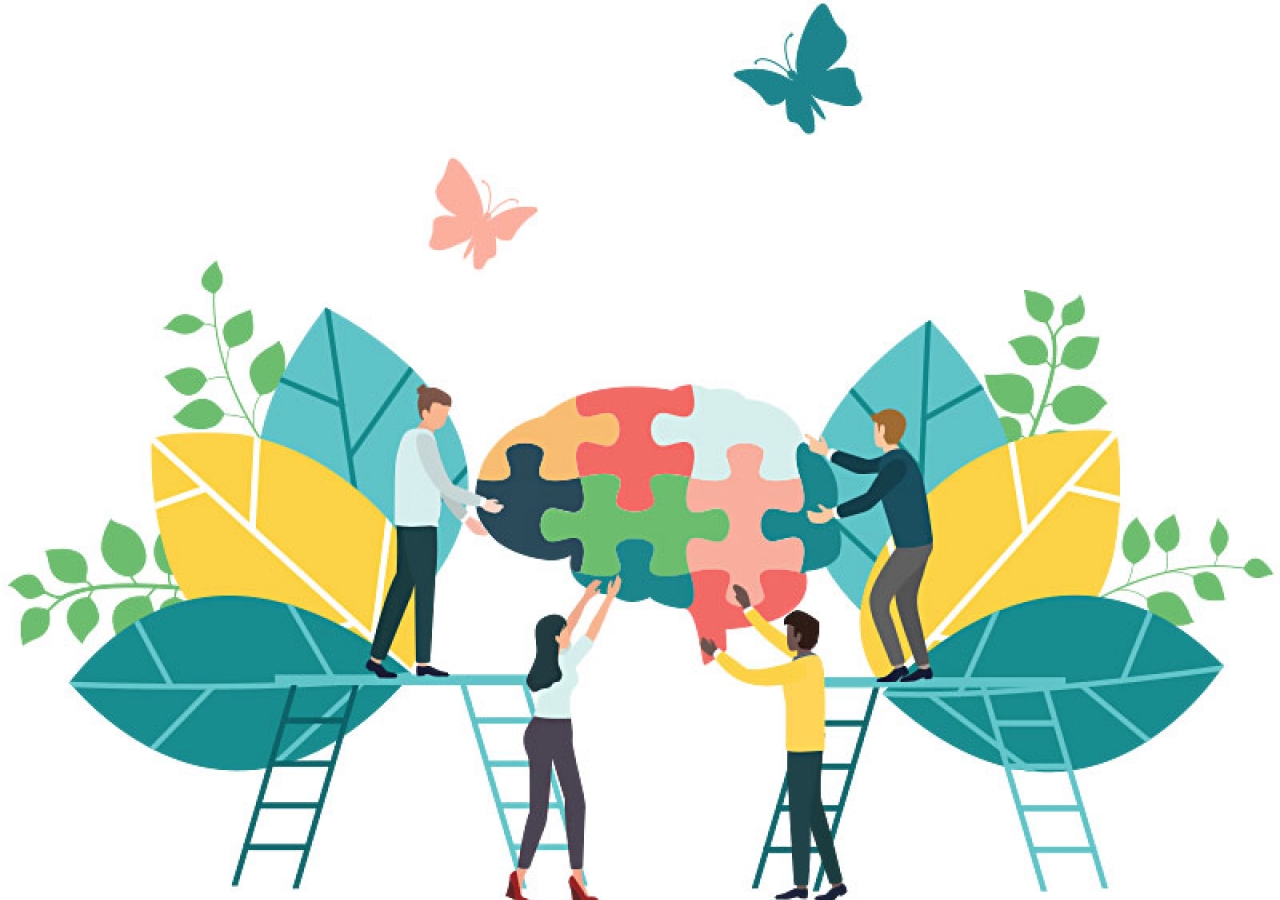After more than a year of normalising a life with the COVID-19 virus, it is tempting to speculate where we are headed once this pandemic is considered history. While we are not out of the woods yet, our collective attention appears to be moving towards building the new normal. But, as we return to some kind of "normalcy," we must ask ourselves critical questions regarding how our world looked during this "Great Pause" and what we can learn from it to make informed judgments about the future.
As humans, we have a constant need for social and physical interactions. However, outside of our family units, we have been deprived of this interaction for more than 18 months. So, as we enter into this new world, there is a dire need to better understand why it is okay to feel anxious. With the allowed absence of masks in some countries and an accepted number of gatherings, quarantine anxiety is something that we are still struggling with and it is likely we will continue to do so in the foreseeable future.
The COVID-19 pandemic has had significant ramifications in economic, political and social spheres and has contributed to mental health issues for millions of people throughout the world. It has created new forms of mental illness and aggravated existing ones by creating barriers such as lack of support through therapy and appropriate medication. The past 18 months have been an intense learning curve for us, subjectively. Collectively, however, we have all learned that human connection is not the same when it is remote.
In terms of direct ramifications, one of the primary elements leading to the decline of mental health has been and will continue to be, economic distress. For many families, financial stability and security is no longer an affordable option. As we imagine our lives after the pandemic, we need to rethink ways in which healthcare for mental illnesses is approached. We need to raise awareness by educating and establishing ways in which the stigma associated with mental health is drastically reduced, if not eradicated. We need to create collaborative solutions to deal with anxiety, depression, substance abuse and much more if we want it to prevent any long-term irreversible damage.
In a more positive light, this pandemic has helped us establish stronger relationships with our faith and appreciate the value of our respective communities and the spaces of comfort they have given. This also extends to familial ties. The quarantine has been a catalyst for many people to heal and establish bonds, particularly between parents and their children. Communication has improved which has helped in the strengthening of these very relationships.
With all of us going through the same thing, understanding each other became easier which created this collective sense of giving back as a community for the community. However, history shows that the mental health impacts of disasters such as these, usually outlive the physical impacts, suggesting that today’s mental health crisis among individuals will continue well beyond these unprecedented times. Let us face it, we have all witnessed and been a part of the collateral damage of this pandemic. While we continue to receive vaccinations, wear masks and maintain physical social distancing, let us also embark on a positive mindset forward.
It may take a long time to alleviate the burdens that social isolation has caused in all aspects of our lives, but we can stand together and combat it by promoting and practicing the ethos of wellbeing whether it be as a listener, an enabler, or as a reminder in conversation that we all need and deserve the support to move forward with strength and courage.
For more information on Covid-19:
https://www.cdc.gov/coronavirus/2019-ncov/index.html








